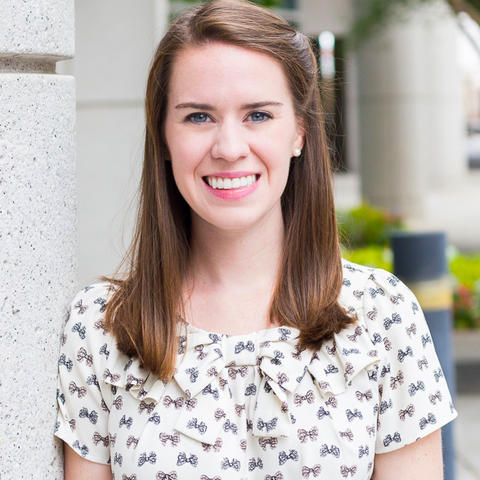
Section Branding
Header Content
GaDOE Partners With Georgia Statewide Afterschool Network To Expand Afterschool, Summer Learning
Primary Content

The Georgia Department of Education is partnering with the Georgia Statewide Afterschool Network (GSAN) to administer $85 million in grants to support afterschool and summer learning in Georgia.
GSAN will administer the Building Opportunities in Out-of-School Time (BOOST) grant program on behalf of GaDOE, with two separate, three-year grants available:
- Organizations with Statewide Reach and Impact: Grants will be awarded to entities with a demonstrated track of success, that operate year-round programming and will serve at least 2,000 youth annually across at least 15 counties.
- Community-Based Organizations: Grants will be awarded to community-based organizations operating afterschool and/or summer learning programs.
The grants are made possible through Georgia's American Rescue Plan (ARP) funds, and address the federal requirement that each state use a portion of its funds to address learning loss and support summer enrichment and afterschool programs.
“Learning opportunities outside the traditional school day – before and after school, and during the summer months – will play an essential role in addressing lost learning opportunities as a result of the pandemic," State School Superintendent Richard Woods said. “Through the BOOST grants, we'll leverage the expertise of the Georgia Statewide Afterschool Network and student- and community-focused organizations throughout the state, working together to expand opportunities for students and support both academic learning and the needs of the whole child."
“Afterschool and summer learning programs across our state have served as a critical lifeline to many families, youth, and communities over the past year and a half," said Katie Landes, Director of GSAN. “These community-based programs have always helped keep kids safe, engaged, and learning, but also showed great innovation throughout the pandemic. Georgia's investment in youth development through the BOOST grants will provide tremendous opportunity to many more young people and communities in need of support and GSAN is very excited about this new partnership with GaDOE."
Grants will be awarded to statewide and community-based organizations that operate comprehensive out-of-school-time programming year-round, over the summer months, or after school during the academic year. The goal is to provide evidence-based afterschool and summer enrichment programming that supports students in learning skills and concepts and provides whole-child supports, thus removing non-academic barriers to learning for students most impacted by the COVID-19 pandemic. The goal of the grants is to:
- Expand access to serve more youth, with an emphasis on students and communities most impacted by the pandemic,
- Reduce barriers, such as transportation and enrollment costs, to ensure access for all, and/or
- Increase programmatic quality and expand or enhance supports and services offered
The grants program will prioritize:
- Programs that serve youth with disabilities, youth experiencing homelessness, youth in foster care, English language learners, youth receiving free or reduced-price lunch, migratory youth, K-5 students, and students who spent the majority of the 2020-2021 school year in remote learning.
- Programs that have operated summer and/or afterschool programming in the past three years
- Sites located in communities with no current programs receiving government funds through 21st Century Community Learning Centers Program or the Afterschool Care Program
- Programs offering programming five days a week
Afterschool and summer learning programs play a crucial role in Georgia's communities, and are an essential part of the state's long-term recovery from the COVID-19 crisis. Across the state, these programs continue to meet basic needs including food services and delivery; offer emergency childcare, youth development, and enrichment programming; and support student connectedness/wellbeing, academic acceleration, distance learning, and connectivity/use of devices.
Secondary Content
Bottom Content





